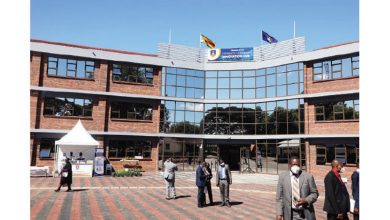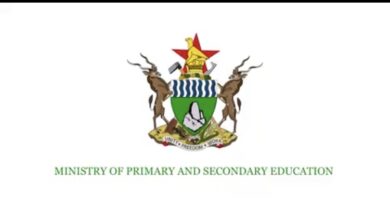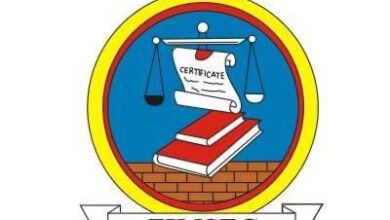Zimbabwe’s new curriculum, a drive for a comprehensive education system.

By Fungai Matarise
People can naturally be resistant to change. The introduction of Zimbabwe’s new curriculum was received with mixed emotions. New subjects have been introduced and one distinct addition is incorporating Arts, Culture and Heritage.
In addition, the new curriculum focuses on relevant study material which (among others) improves knowledge on the country’s heritage, history and aspirations.
Also, given the expansion in information and communication technologies and an information driven economy, acquiring new skills is necessary. New relevant skills enable the country to be competitive in the global village. Hence the drive for a new curriculum.
Zimbabwe’s Labour market.
Zimbabwe’s new curriculum aims to prepare learners to live and work in an indegenised economy. The country’s labour market seems to be suffering from a malabsorption of skills. Introducing a competence-based curriculum can improve formal and informal employment.
Additionally, parents are feeling the pressure from complicated homework from learners. However, it is important to understand the benefits of this curriculum. The Ministry of Primary and Secondary Education emphasises that transferable skills will be received.
Important skills such as critical thinking, problem solving, team building, leadership among many others will be of much benefit to the country. Absorption of these into the labour market will most likely improve.
The new curriculum’s relevance to Zimbabwe
Also, the new curriculum encourages learners to garner skills for an agro based economy. Agriculture plays an important role in Zimbabwe’s economic growth. Furthermore, the introduction of culture and heritage studies also encourages patriotism. This enables moving away from the colonial style curriculum.
A welcome move would be making the study material more accessible and affordable. Accessibility and affordability will help the learners to fully grasp concepts which will improve the education system in the country.
Through a good education system, the country’s human capital becomes rich. Zimbabwe already boasts of a rich labour force. However, to reduce a mismatch between the labour market and available skills, curriculums need to be monitored and evaluated periodically.





